
views
- Soul loss happens when you experience a traumatic event and feel disconnected from your body and soul.
- Symptoms of soul loss include dissociation, depression, fatigue, and anxiety. Some people may develop unhealthy coping mechanisms to deal with these issues.
- Retrieve and heal your lost soul by reflecting and addressing inner wounds, engaging in mindfulness practice, and moving your body through yoga or dancing.
What is the meaning of soul loss?

Soul loss is the feeling of disconnection or dissociation from yourself. Soul loss is a fragmentation or a disconnection that occurs after experiencing a traumatic event. In many cases, individuals struggling with soul loss are prone to dissociating, which may look like spacing out or being absent-minded. Soul loss can happen all at once, or it may be a series of events that make you feel increasingly burnt out in the end.
Signs of Soul Loss

Disconnected from self A common saying amongst people who struggle with soul loss is, “I don’t feel like myself.” Feelings of disconnection often arise from stressful or traumatic events, where those affected tend to alienate themselves.

Depression One of the early signs of soul loss is depression, a common and serious medical illness. It impacts how you feel, think, and engage with yourself and others.
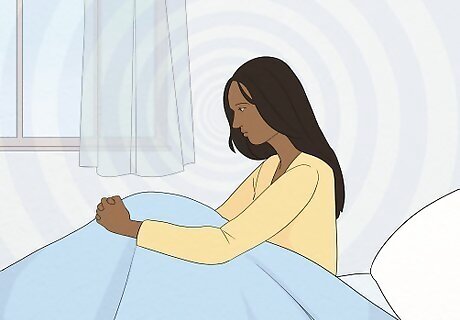
Lack of life goals and dreams Where you once dreamt of achieving ambitious tasks, you now struggle to make your bed every morning. Symptoms of soul loss make it difficult to look further down the road because you feel aimless.
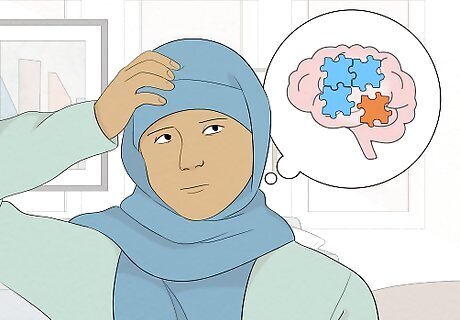
Memory gaps For some, blanking out traumatic events may be your body’s natural response to protect you from memories that are too difficult to process. Your body enters survival mode in these cases, which may indicate soul loss.

Disappointed with yourself You don't feel fulfilled or satisfied no matter what successes or positive things happen. You struggle with comparison and take other people’s wins as your failures when that isn’t the truth. Everyone has their own journey.

Feelings of anxiety or fear After experiencing a distressing event, it’s common for lost souls to feel they’re living in a constant state of fear or anxiety. Anxiety can become debilitating, with sudden intense feelings of fear turning into a panic attack. These heightened emotions can prevent you from living your life to the fullest.

Feeling jumpy If you’re a lost soul, you may be easily startled by sudden noises or unexpected physical touch. You need to know what’s happening around you or who’s approaching you at all times to feel comfortable. This is often a reaction to trauma or similar experiences where you’ve felt unsafe or threatened.

Dissociation Dissociation is a common experience for lost souls. It’s a mental process where people disconnect from their thoughts, feelings, memories, or sense of self to escape traumatic events.
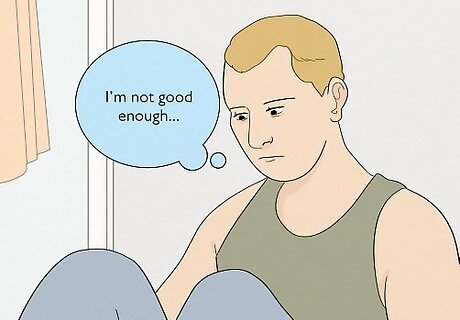
Lack of self-worth When you enter a depressive mindset, it can be easy to slip into negative self-talk such as, “I’m not good enough,” or “Why do people like me?” Similarly, when others offer help and guidance, you may feel like you’re not worthy of their care or love.

Unhealthy coping mechanisms Lost souls often rely on unhealthy coping mechanisms such as food, sex, shopping, or substance abuse to numb them from the pain they’re experiencing. While there’s nothing wrong with treating yourself with a little shopping now and then, excessive shopping may put you in a financial hole, generating more stress and anxiety.

Insomnia Generally, lost souls have trouble falling and staying asleep. It may result from over-thinking or leaving unaddressed issues for the subconscious to poke at. Either way, insomnia can drain you of already limited energy and affect your health, work performance, and quality of life.
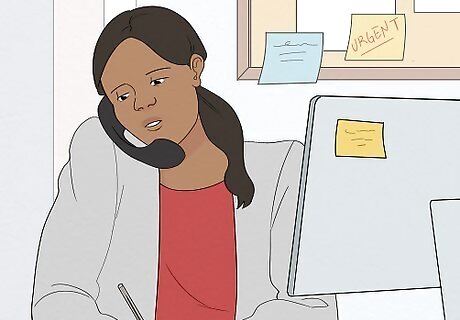
Excessively busy While taking on new tasks at work, trying new hobbies, or attending social gatherings every week may seem like a positive thing, lost souls often say yes to everything to avoid their inner-problems.

Fatigue This can be a side effect of insomnia, depression, or a lost soul. Similarly, if you’re a lost soul who gets adequate or too much sleep, you always feel drained. You have to rely on caffeine to keep you alert and functional, but even still, that may not feel like enough.
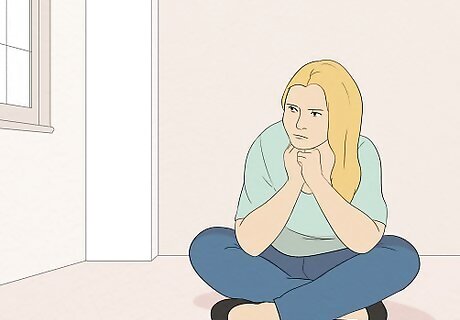
Feeling empty or lonely For some, feeling lacking emotions can be more frightening than feeling too much. Emptiness can also be described as a sense of loneliness that results from confused life goals or ambitions and a lack of motivation or energy to see things through. This is especially prevalent for lost souls who find themselves in a state of wandering.
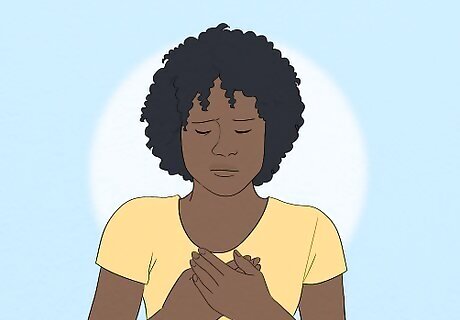
Longing for purpose and meaning Even though feelings of depression and anxiety can be all-encompassing, there is still a desire for something more. Lost souls crave meaningful connections and soul purpose that can help them be guided out of the darkness and toward the light. A soul purpose refers to the guiding light of your life. It is where you’ll find the most fulfillment and motivation.

Incapable of being present Struggling to feel connected or experiencing frequent dissociation can make being present difficult. You may space off during social interactions or appear more absent-minded, like forgetting to lock the door or turn off the stove.

Inability to focus As with being present, lost souls may struggle with dedicating time, energy, and focus on their everyday personal and work-related responsibilities. A task that normally takes 20 minutes may take an hour or even longer to get done.
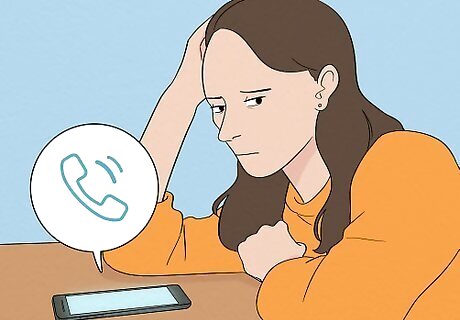
Withdrawn Pulling yourself away from friends, family, or even activities or hobbies you love may be a sign of depression, avoidance, and soul loss.

Inability to be vulnerable Struggling with vulnerability can stem from trauma, fear, and external expectations like culture or family. However, vulnerability can be hard to tap into when you’re not ready to be honest with yourself about why you feel lost.

Feeling like a burden Similarly, many lost souls don’t want to be considered a burden to their loved ones. You may rather suffer in silence than pour out your heart to someone who may or may not get where you’re coming from.

Unable to accept love and support After struggling with a sense of self-worth, it can be hard to accept love and support from close friends, family, and peers. You don’t feel worthy of their time and attention and attempt to withdraw from help instead.
How to Retrieve Your Soul

Soul retrieval is a spiritual process of bringing the soul back to reality. Soul retrieval is a spiritual process typically performed by an experienced Shaman. They can navigate through an altered state of consciousness to retrieve your lost soul. Once located, the Shaman may address your deepest wounds to gently negotiate the soul to return to the body. A Shaman is believed to achieve powers through trance or religious experiences. They can heal the sick, communicate with other worlds, and escort the souls of the dead to their final resting places. If you can’t seek guidance from a shaman, turn to a spiritual advisor or a professional therapist who values spirituality and similar ideas.

Reflect on your deepest wounds. To retrieve your lost soul, you cannot continue to avoid or run from your wounds or fears. Incorporate a self-reflection practice that can help you better understand your thoughts, feelings, and behaviors. Begin by asking yourself, “What have I been avoiding?” and allow yourself to slowly pick at your thoughts. It may help to write in a journal so you can read them over and become more self-aware.

Practice meditation and mindfulness. Engaging in meditation is a way to promote curiosity and compassion. You can learn how to create more space between your thoughts and emotions through slow breaths. If breathing is difficult, take a trauma-informed approach to mindfulness and focus on different sensations, like touch, sight, or sound. If you can, step outside and place your bare feet on the ground. Focus on what that feels like to help you feel grounded.

Carve out time to journal each day. Journaling is a way to digest your thoughts and understand your emotions in a safe space. Let the pen flow; try not to think too hard about perfecting your words. It may help to set a timer as you build up the courage to be vulnerable with yourself. Remember, no one, but you will read your words. When you feel you’ve finished for the day, take a moment to re-read your work. It may help to read it aloud. Doing so can help you better understand your emotions and identify any triggers that made you feel this way.
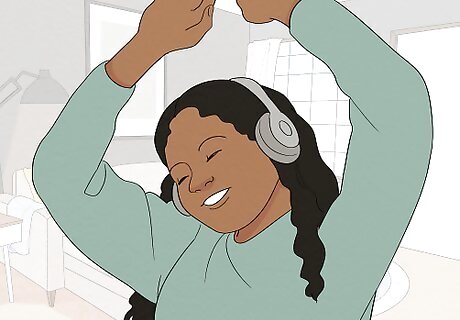
Engage in positive movement. Instead of unhealthy coping mechanisms, swap them out for positive movements like yoga, dancing, gardening, or exercise. All of which have been proven to reduce anxiety and depression. It may not seem like much, but beginning your day with exercise can start you off on the right foot.




















Comments
0 comment